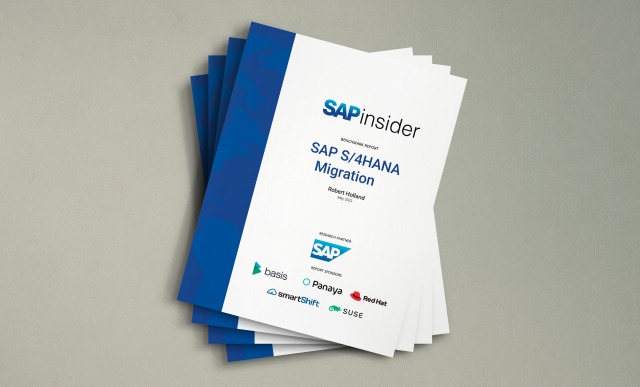SAP evangelist: we’re a SaaS player now
Meet the Authors
Key Takeaways
⇨ SAP’s relationship with customers changed with cloud shift
⇨ Business leaders put premium on trust with cloud and generative AI
⇨ Those reluctant to change plays to SAP’s advantage
According to SAP head of product strategy and chief evangelist of Cloud ERP for SAP S/4HANA Paul Saunders, the relationship between SAP and its customers for the longest time was transactional but has changed with the shift to the cloud.
He added that from a customer’s perspective, in a cloud environment the software-as-a-service vendor is effectively running the business and that requires a whole new level of trust.
“When a data centre goes down the customer can’t just say, ‘Hey Bob, get down to the computer room and reboot the box.’ Now, with AI, it’s not just the data we’re providing, but information and recommendations,” he said. “And some of those recommendations might challenge what the person thinks intuitively.”
Explore related questions
Saunders said business decisions based on new tech like generative AI and a new model like cloud computing means business leaders put a premium on trust.
“Trust is not the engine oil, it’s the essence of business,” he added.
With these new technologies, Saunders believes trust has been pushed to the top of the corporate agenda, making SAP’s commitment to relevant, reliable, and responsible business AI even more crucial.
Organisations and leaders reluctant to change reflects a broader reluctance to embrace data-driven decision-making, with Saunders suggesting individuals would often interpret data in a way that reinforces their existing beliefs rather than challenging them. He added that most people would follow a machine’s advice if they had solid confidence in the accuracy of the underlying data and can retain oversight of the process.
Saunders said this plays to SAP’s advantage, acknowledging that while the company is sometimes considered “a little bit old fashioned,” but also thought of as “reliable and trustworthy.”
The importance of fostering trust and confidence in both the technology and the organisations deploying it cannot be overstated, he said, but organisations also need to strike a balance between automation and human intervention, recognising that while AI can streamline processes and improve efficiency, human judgment and oversight remain essential for ensuring the accuracy and reliability of AI-generated insights.
Ultimately, what really matters to customers is not the tech but the business value it creates, Saunders said.
“If you go to any CEO or CFO, they will tell you they only care about three things: revenue, cost, and risk. That’s it,” he added. “Everything we do has to show the business value.”








